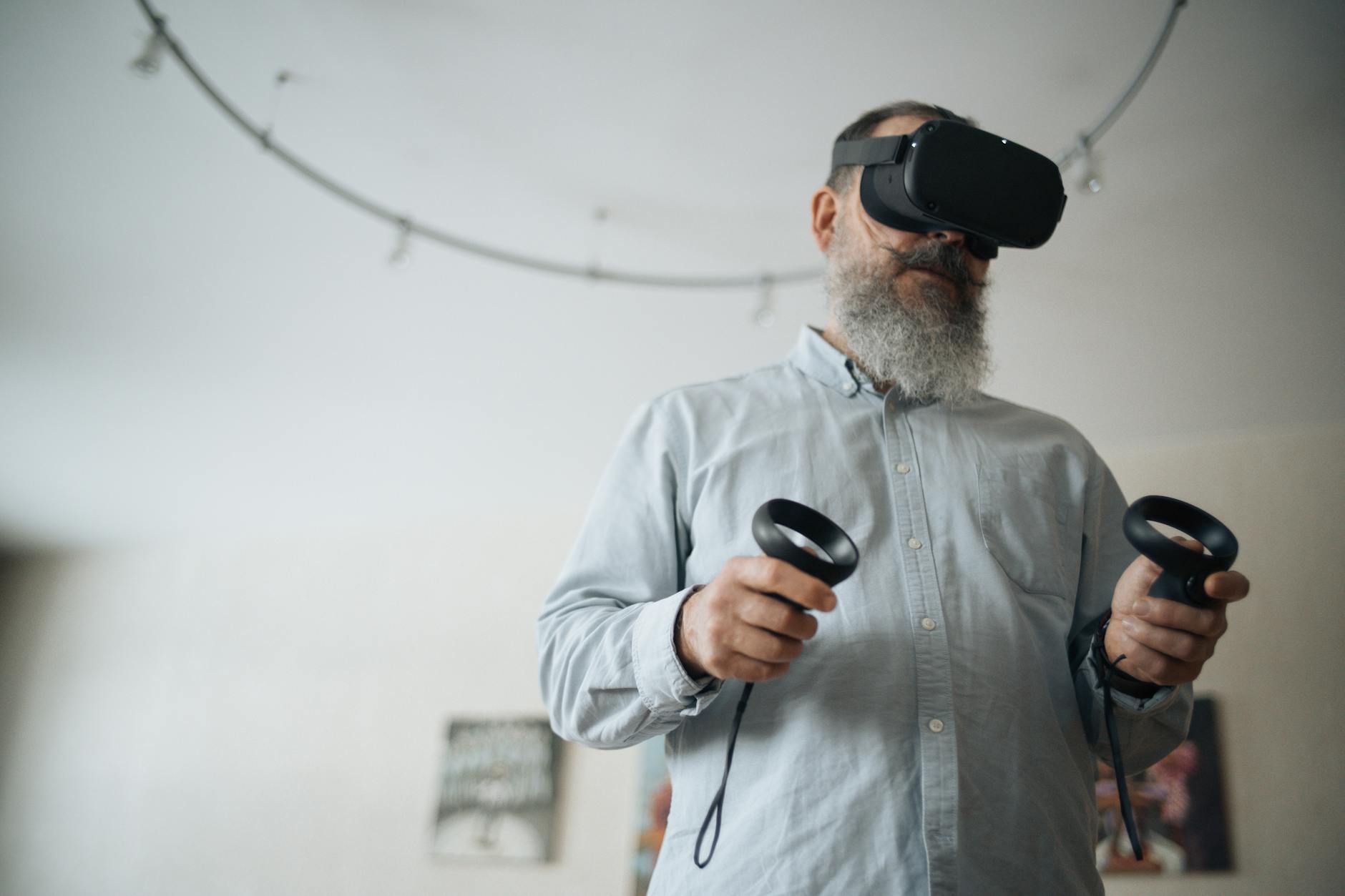Sleepless Nights, Sharper Minds? New Study Links Short Sleep and Insomnia to Cognitive Decline
Unraveling the intricate connection between sleep patterns and brain health in a large-scale genetic study.
Sleep is often touted as a cornerstone of good health, but the precise nature of its relationship with cognitive function has remained a subject of ongoing scientific inquiry. While anecdotal evidence and observational studies have long suggested a link between insufficient or disturbed sleep and cognitive impairment, establishing a definitive causal connection has been challenging. A recent Mendelian randomization study, published in PLOS ONE, delves into this complex interplay, utilizing genetic data to explore whether specific sleep patterns—namely short sleep duration, long sleep duration, and insomnia—may causally influence cognitive abilities.
A Brief Introduction On The Subject Matter That Is Relevant And Engaging
Our daily lives are deeply influenced by our sleep. From how alert we feel to our ability to concentrate and remember, sleep plays a critical role in our cognitive performance. However, the modern world often presents challenges to achieving adequate and restful sleep. This study takes a novel approach, employing a powerful statistical method to investigate whether the observed associations between sleep habits and cognitive function are indeed causal, meaning that poor sleep directly leads to a decline in cognitive abilities, or if other factors are at play.
Background and Context To Help The Reader Understand What It Means For Who Is Affected
Understanding the causal pathways between sleep and cognition is crucial for public health initiatives and individual well-being, particularly as populations age and the prevalence of cognitive decline and dementia rises. Previous research, often relying on observational data, has identified correlations between shorter sleep durations, insomnia, and poorer cognitive outcomes. However, correlation does not equal causation. It’s possible that individuals with early signs of cognitive decline might also experience sleep disturbances, creating a feedback loop or an association driven by a third, unmeasured factor. Mendelian randomization (MR) analysis offers a way to circumvent some of these limitations. By using genetic variants—specifically single nucleotide polymorphisms (SNPs)—that are known to influence sleep duration or insomnia, and are largely independent of lifestyle and environmental factors, researchers can investigate their causal effect on cognitive function.
In Depth Analysis Of The Broader Implications And Impact
The study, which analyzed data primarily from individuals of European ancestry, utilized a two-sample MR approach. This method involves extracting genetic associations from two independent, large-scale genome-wide association studies (GWAS). The researchers identified genetic variants associated with short sleep duration, insomnia, and long sleep duration. These genetic “instruments” were then used to assess their causal impact on various measures of cognitive function, including overall cognitive performance, fluid intelligence, memory, and executive function as assessed by the Trail Making Test. Additionally, the study examined the link between insomnia and Alzheimer’s disease risk.
The findings indicate a significant causal relationship between self-reported short sleep duration and negative cognitive outcomes. Specifically, short sleep was causally associated with a decline in overall cognitive performance score, fluid intelligence score, and memory performance. Furthermore, the study found that short sleep duration had a causal impact on the Trail Making Test, a measure of executive function and visual attention, suggesting that insufficient sleep can impair tasks requiring task switching and visual scanning. The research also provided evidence for a causal association between insomnia and an increased risk of Alzheimer’s disease.
Conversely, the study found no strong evidence to support a causal effect of long sleep duration on cognitive outcomes. This is attributed to the limited number of genetic variants identified as reliably predicting long sleep duration, which consequently limits the statistical power of the MR analysis for this particular sleep pattern. This suggests that while short sleep may be detrimental, sleeping for longer durations might not confer additional cognitive benefits, or at least, the current genetic data does not robustly demonstrate such a link.
Key Takeaways
- Self-reported short sleep duration appears to have a direct, causal negative impact on various aspects of cognitive function, including overall performance, fluid intelligence, and memory.
- Insomnia is causally linked to an increased risk of Alzheimer’s disease.
- The evidence for a causal relationship between long sleep duration and cognitive function is not strong, based on the current genetic data available.
- The study’s findings are primarily based on individuals of European ancestry, highlighting the need for future research across diverse populations.
What To Expect As A Result And Why It Matters
The implications of this research are substantial for both public health and individual health management. By strengthening the evidence for a causal link between short sleep and cognitive decline, the study underscores the importance of prioritizing sleep health as a modifiable factor in maintaining cognitive function throughout life. For individuals struggling with sleep, this research provides a compelling reason to seek interventions and address underlying causes of sleep disturbance, such as insomnia.
For healthcare professionals, these findings reinforce the need to screen for sleep disorders and provide guidance on healthy sleep habits as part of comprehensive care for cognitive health. Public health campaigns could also be informed by this research, emphasizing the role of adequate sleep in preserving brain health and potentially reducing the burden of age-related cognitive decline and dementia. While the study did not find a strong link for long sleep, it does not negate the importance of sleep in general; rather, it suggests that an optimal duration exists, and falling below it is particularly detrimental.
Advice and Alerts
If you consistently experience short sleep duration or symptoms of insomnia, it is advisable to consult with a healthcare professional. They can help identify potential causes and recommend appropriate strategies for improving sleep quality and duration. These strategies might include cognitive behavioral therapy for insomnia (CBT-I), lifestyle adjustments, or addressing underlying medical conditions. While this study focused on genetic predispositions, environmental and behavioral factors remain highly influential in sleep health and cognitive function.
It is important to note that this study, like all research, has limitations. The reliance on self-reported sleep duration and the genetic data primarily from individuals of European ancestry mean that the findings may not be universally generalizable. Further research with diverse populations and objective measures of sleep is warranted to confirm and expand upon these results.
Annotations Featuring Links To Various Official References Regarding The Information Provided
Source Study:
Mendelian randomization study of self-reported long sleep duration, short sleep duration, and insomnia and cognitive function
https://journals.plos.org/plosone/article?id=10.1371/journal.pone.0330782
Information on Mendelian Randomization:
An overview of Mendelian randomization and its use in causal inference can be found through various reputable scientific resources. For instance, the UK Biobank provides resources explaining the methodology:
https://www.ukbiobank.ac.uk/scientists/using-uk-biobank/genetics-and-genomics/mendelian-randomisation
Information on Cognitive Decline and Alzheimer’s Disease:
The National Institute on Aging (NIA) offers comprehensive information on cognitive decline, dementia, and Alzheimer’s disease, including risk factors and research updates:
https://www.nia.nih.gov/health/alzheimers-disease-related-dementias
Recommendations for Healthy Sleep:
The Centers for Disease Control and Prevention (CDC) provides guidelines and tips for obtaining healthy sleep:
https://www.cdc.gov/sleep/index.html


























